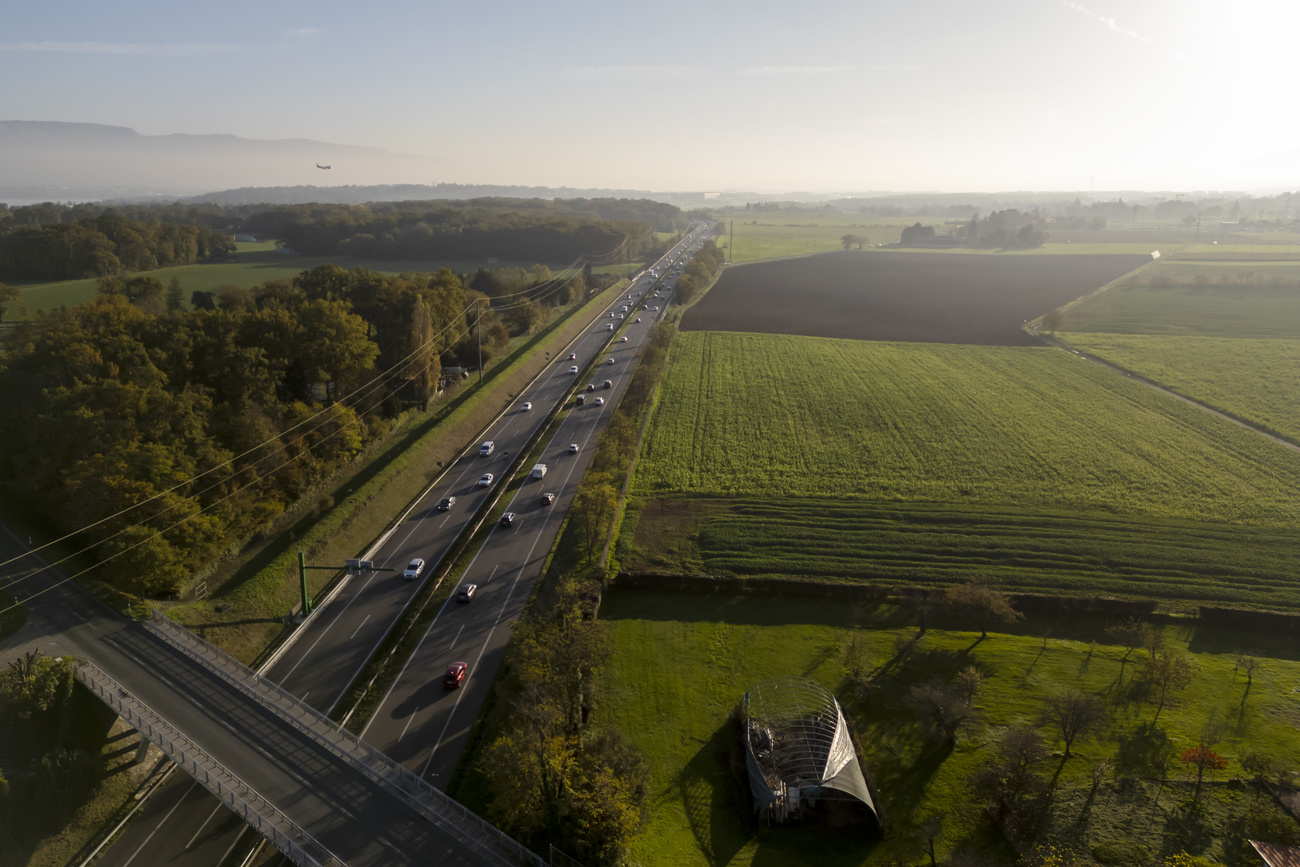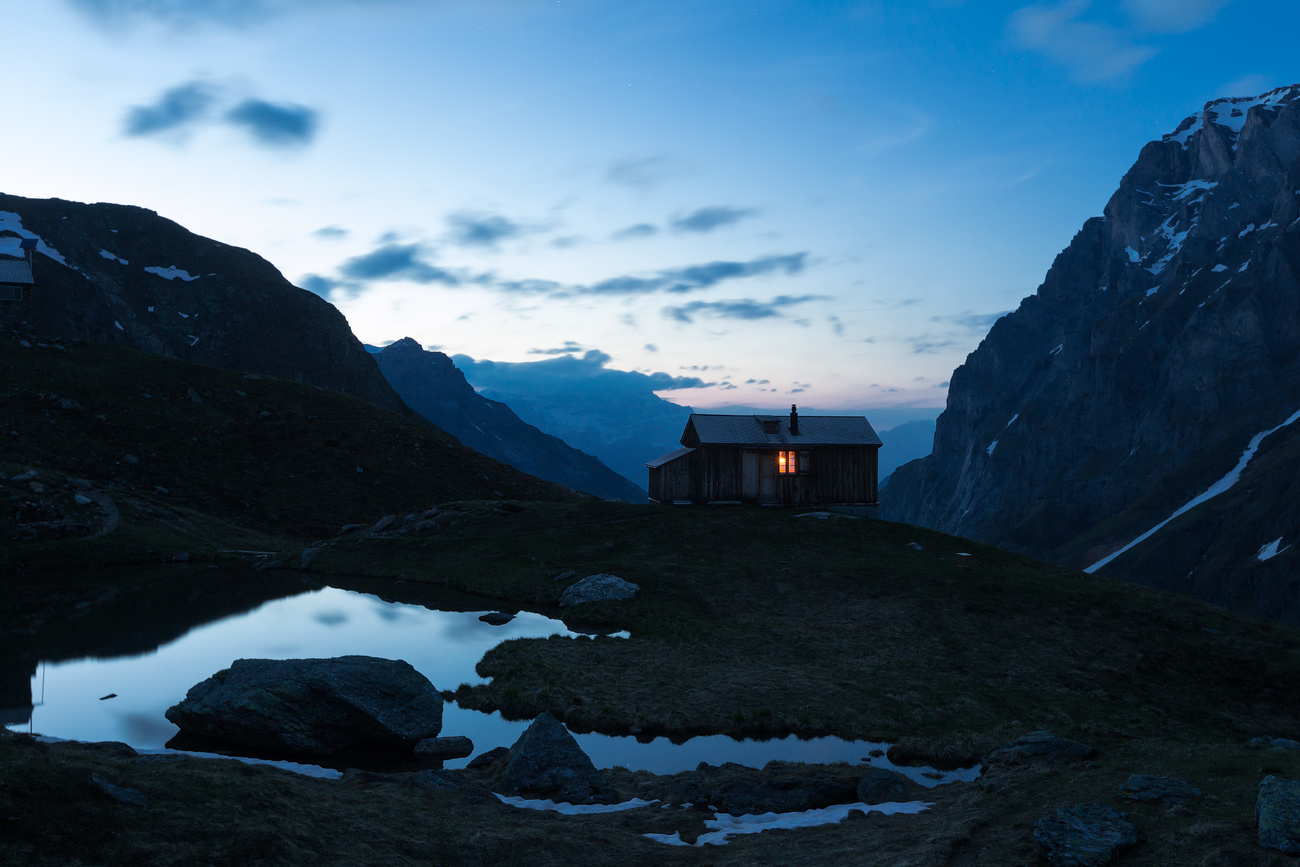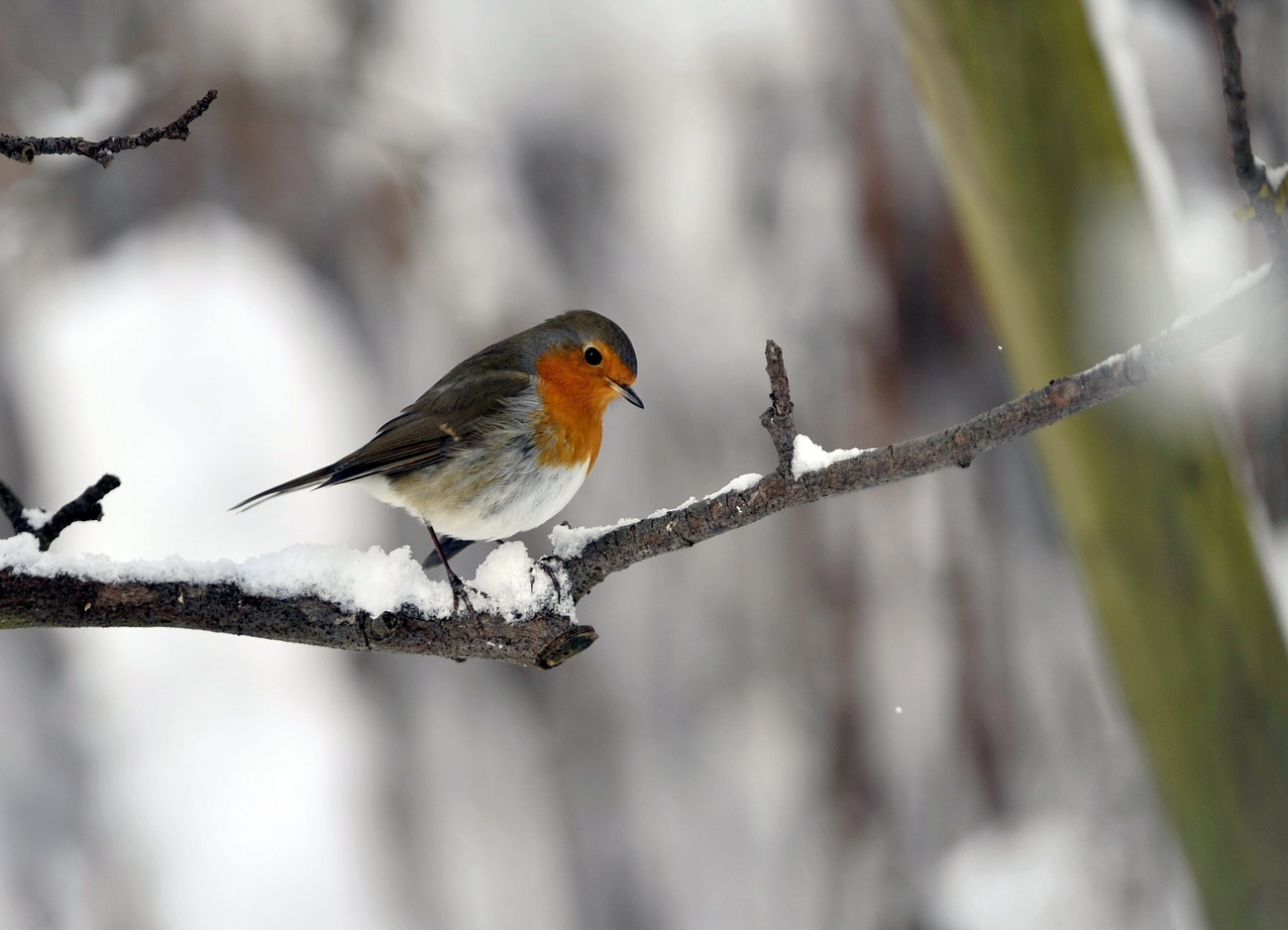
Switzerland today
Dear Swiss Abroad,
The aftershocks of the minor earthquake caused by Sunday's 'no' vote on widening of Switzerland's motorways are still being felt two days later. The road fund is now at the centre of political discussions.
In Geneva, the explosion of a parcel bomb echoes a similar story from August. The two cases could be linked.
Read all about this - and more - below.

Sunday’s rejection by the Swiss people of the extension of part of the motorway network has reignited discussions on the road fund. The political parties are already at loggerheads over the reallocation of the CHF 3.67 billion it contained at the end of last year.
“The money in this fund should […] be used to repair the damage caused by climate change,” stated Geneva Green Party parliamentarian Delphine Klopfenstein Broggini. Vaud senator Pascal Broulis strongly disagrees: “There’s no point getting excited about a vote. We should remember that this system of separate funds has enabled us to address the financing of infrastructure, which has caused us serious problems in the past.”
Galvanised by its victory on Sunday, the left feels that now is the right time to rediscuss the nature of the road fund, while the centre and right prefer to wait and see. Centre Party senator Marianne Maret says she is aware that the supply of this fund will have to be rediscussed: “It is legitimate to ask questions, but we must do so neither in the euphoria of victory nor in the anger of defeat”.
The road fund was created in 2017 following a popular vote. It is a kind of federal piggy bank that is used to finance Switzerland’s road infrastructure, in particular road maintenance, the development of suburban projects and motorway improvements. It is funded in various ways by road users, mainly through fuel taxes.
For Monika Ribar, chairwoman of the board of directors of the Swiss Federal Railways, Sunday’s vote will not necessarily benefit the rail network. “Transport in this country will continue to grow. And we have always said that we need to look at it as a whole. Because trains will only ever go from station to station. And we need the last mile,” she told Swiss public radio SRF.
- The article in Le TempsExternal link (in French)
- The article by RTSExternal link (in French)
- The article by SRFExternal link (in German)
- SWI swissinfo article on the vote results
More

On Monday afternoon, a parcel bomb exploded in the lobby of a building in Geneva, seriously injuring a young girl. The investigation has been entrusted to the Swiss Attorney General’s Office, the only authority with jurisdiction over the use of explosives.
The Geneva police was quickly on the scene, asking people living in the building to stay in their homes. Those who had gone outside were not allowed back. At the end of the afternoon, the police evacuated the building and checked all the letterboxes. The EOD (Explosive Ordnance Disposal) robot was used to do this.
This case is reminiscent of one that occurred in August, also in Geneva, in which a man was injured in the leg while picking up a rubbish bag from the landing of his flat.
For the 20 Minutes paper, the resemblance between the two events is uncanny. In the Grange-Canal building lives a man who works for a watch manufacturer. “This summer, the father of the family injured by the explosion of a rubbish bag placed outside his home was employed by the same company,” writes the daily.
- The latest developmentsExternal link on RTS (in French)
- Monday’s article in 20 MinutesExternal link (in French)

In Switzerland, the pay gap between women and men decreased overall in 2022, but the unexplained part of the pay gap increased. These are the findings of the Structure of Earnings Survey conducted every two years by the Federal Statistical Office (FSO).
Women earned on average 16.2% less than their male counterparts. In the private sector, the gap is slightly wider than in the public sector, with 17.5% less earnings in the private sector and 13.8% less in the public sector.
The pay gap between women and men varies widely from one industry to another. While they are “only” 7.6% in the hotel and catering sector, they reach 29.4% in finance and insurance.
Some of the variations in pay can be explained by differences in profile, such as level of training, number of years of service or hierarchical position within the company. However, another part of the inequalities remains unexplained.
For the same profile, the unexplained part of the pay gap is 48.2% in 2022, compared with 47.8% in 2020. In contrast to the overall result, the public sector performed less well, with the unexplained pay gap representing 49.6%, compared with 44.9% in the private sector. In monetary terms, the unjustified difference in pay between women and men amounts to CHF657 gross per month.
- The official press releaseExternal link on the survey
- Detailed breakdownExternal link of the numbers

Mountain huts are under increasing threat from melting permafrost. A study published on Tuesday by the Swiss Alpine Club (SAC) warns of the dangers of global warming for these structures.
The thawing of permafrost is affecting the stability of more than a third of SAC huts. And 42 huts are threatened by landslides caused by this thaw. In addition to the melting permafrost, the supply of water to the huts is becoming an increasing challenge. By 2030, 29 huts will see the glaciers that used to supply them with water melt away. By 2050, a further 25 will be added to the list. Adaptations will therefore be needed to guarantee the huts’ access to water.
What’s more, while guests can still see a glacier from almost a third of the 152 SAC huts, this will only be the case in 10% of accommodation by 2050, and in none of them by the end of the century. As the glaciers melt, access routes will also change.
To cope with this bleak outlook, major investments and innovative adaptations in hut construction will be needed over the coming decades. According to the Swiss Alpine Club, the resources of the Huts Fund will not be sufficient to finance these projects. It is therefore dependent on solid partnerships and donations.
- An article on the future of mountain huts (in French)

Picture of the day
The robin has been voted Bird of the Year 2025. For the first time, BirdLife Switzerland had the winner chosen by the public, rather than by a committee of experts. More than 12,000 people voted.
The little bird with the orange-red breast patch is one of the most common bird species in Switzerland. With its clear, melodious song, it is one of the first to sing in the morning and often one of the last to sing in the evening. It is also one of the rare birds to also sing in autumn and on sunny winter days, to defend its hunting territory.
Adapted from French by DeepL/ac

In compliance with the JTI standards
More: SWI swissinfo.ch certified by the Journalism Trust Initiative







